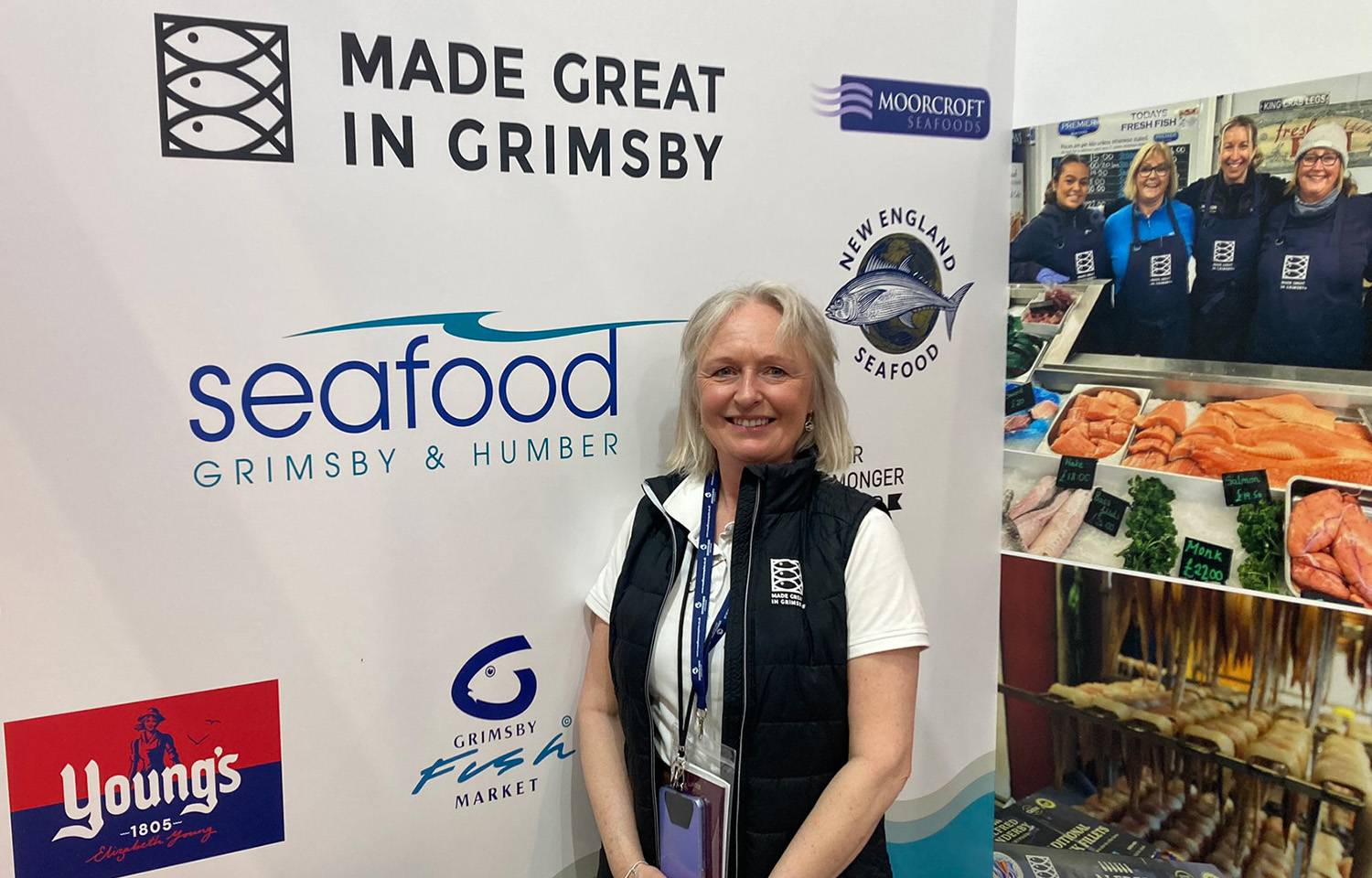The U.K.’s seafood-processing sector has struggled through some difficult times lately, but local advocates are pushing for a revival.
Troubling signs for the sector have included a plan introduced by Young’s Seafood to demolish its Marsden Road factory, following the company’s closure of the facility in June 2023. Iceland Seafood International also sold off its U.K. assets, including its Grimsby plant, for just GBP 1,000 (USD 1,271, EUR 1,170) to Espersen in September 2023, after suffering what it said were “colossal losses.”
More recently, Grimsby-based Seafood Products Limited entered administration in March 2024, dragging down with it Grimsby processor Saltire Salmon, which is likely to go into liquidation as a result of a GBP 1.1 million (USD 1.4 million, EUR 1.3 million) debt, according to SalmonBusiness. Additionally, Hilton Food Group's UK announced the layoff of 24 filleters in April as it continues to push for greater automation, according to Just Food.
Hilton Seafood UK, which operates two processing facilities in Grimsby that supply seafood products to U.K. retailers, as well as the Foppen smoked salmon brand, said no further layoffs are planned but the move was necessary to “rebuild profitability.”
One sign of optimism for Grimsby supporters was New England Seafood International’s announcement of a plan to expand its processing operations there, after collecting a GBP 3.8 million (USD 4.8 million, EUR 4.4 million) grant from the U.K. Seafood Fund. Espersen has also announced a plan to invest in Grimsby, including the addition of a new cold storage system, though it also has laid off 15 production jobs and merged its commercial team with its sales operations in Leeds, West Yorkshire, according to Just Food.
“As the new leadership at the plant and the U.K. sales organization are now being followed by considerable investments into production, systems, and an optimized logistic flow, Espersen demonstrates its confidence in the Grimsby plant, and the company is positive that these changes, though challenging, will lead to a more resilient future and establish a sustainable and successful operation,” it said.
A bright spot for Grimsby appeared in the release of Hilton’s 2023 fiscal year results, which showed the company’s seafood business returned to profitability, and the company’s operating profit up GBP 95 million (USD 121 million, EUR 111.6 million), or 33.5 percent. Hilton Food Group CEO Steve Murrells said the company has invested GBP 21 million (USD 26.7 million, EUR 24.7 million) in automation at one of its Grimsby plants and plans to automate the second plant forthcoming. Murrells said Hilton’s seafood business had “got our mojo back” and has a “very firm platform for growth.”
“We’ve now come through a difficult period and are well placed in what remains a difficult market,” Murrells said. “Clearly, that was a big swing and contributed a significant part of the U.K. performance, but the U.K. business also was able to perform well profitably.”
Hilton, which got into the seafood space through its purchase of Icelandic Seachill in 2017, provides natural and coated seafood to Tesco and Waitrose in the U.K. but is looking to continue to grow its international presence, having recently signed supply deals with Walmart Canada, Singapore’s Country Foods, and partnerships with Woolworths in Australia and Countdown in New Zealand.
Murrells expressed some hesitation about the commencement in May of the U.K.’s Brexit-related import charges being applied to some E.U. goods.
“It certainly will have an impact in some of the fish areas where we source outside of U.K. waters, but this is why it’s so important to drive automation through your facilities,” Murrells countered. “Those businesses that aren’t investing in automation, I think, will find life very much harder in the months and years to come.”
Seafood Grimsby and Humber Alliance Project Manager Julie Waites said U.K.’s processing sector has struggled to ...








